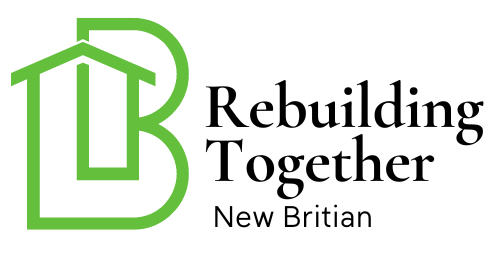The installation of safety railings is a crucial step in ensuring the safety of your home. Whether you’re aiming to provide support for elderly family members or simply enhancing your home’s safety features, knowing how to install safety railings can be an invaluable skill. This guide will walk you through the process, offering insights into the tools you need, the steps to follow, and important considerations to keep in mind.

Understanding the Importance of Safety Railings
Safety railings serve a vital role in preventing falls and injuries, especially in homes with staircases, balconies, or elevated areas. They provide stability and support, making it easier to navigate different levels of your home. If you’re considering home modifications to enhance safety, installing safety railings is a great place to start.
Tools and Materials Required
- Measuring tape
- Drill
- Level
- Screwdriver
- Screws and anchors
- Safety railing kit
Before starting, gather all necessary tools and materials. Having everything on hand will make the installation process smoother and more efficient.
Step-by-Step Guide to Installing Safety Railings
1. Measure the Area
Begin by measuring the area where you plan to install the railings. Use a measuring tape to determine the length and height. This will help you purchase the right size railing kit.
2. Mark the Installation Points
With your measurements in hand, mark the points where the railings will be installed. Use a pencil to make these marks visible on the wall or floor.
3. Drill Pilot Holes
Using a drill, create pilot holes at the marked points. These holes will make it easier to insert screws and secure the railings.
4. Secure the Mounting Brackets
Next, attach the mounting brackets to the wall or floor using screws and anchors. Ensure they are level and securely fastened.
5. Attach the Railing
Once the brackets are in place, attach the railing. Make sure it’s level and stable, adjusting as necessary.
6. Final Adjustments
Make any final adjustments to ensure the railing is secure and aligned properly. Tighten screws as needed.
Safety Tips to Remember
When installing safety railings, it’s important to prioritize safety. Wear protective gear, such as gloves and goggles, and ensure your workspace is clear of obstacles. Additionally, if you’re unfamiliar with power tools, consider seeking assistance from a professional.
Maintaining Your Safety Railings
Regular maintenance is key to ensuring your railings remain effective. Periodically check for loose screws or unstable sections, and make repairs as needed.
Benefits of Installing Safety Railings
Installing safety railings offers numerous benefits, from preventing accidents to enhancing your home’s aesthetic appeal. They are a valuable addition to any home, especially for families with children or elderly members.
Common Mistakes to Avoid
Avoid common installation mistakes such as incorrect measurements or using the wrong tools. Taking your time and following instructions carefully will help you achieve the best results.
Choosing the Right Safety Railings
When selecting railings, consider factors such as material, design, and durability. Opt for high-quality materials that can withstand wear and tear.
Cost Considerations
The cost of installing safety railings can vary depending on the materials and complexity of the installation. Budget for the project and explore different options to find one that suits your needs and financial plan.
Environmental Impact
Consider the environmental impact of the materials you choose. Opt for sustainable options when possible to minimize your ecological footprint.
Expert Assistance
If you’re unsure about any aspect of the installation process, don’t hesitate to seek professional help. Experts can provide valuable guidance and ensure the railings are installed correctly.
Internal Links for Further Reading
- Learn about secure storage for cleaning supplies.
- Explore safe flooring options for the elderly.
- Discover how to test smoke alarms effectively.

Frequently Asked Questions
1. What is the best material for safety railings?
The best material depends on your specific needs. Wood, metal, and glass are common options, each offering different benefits.
2. Can I install safety railings myself?
Yes, with the right tools and instructions, you can install railings yourself. However, if you’re unsure, consider hiring a professional.
3. How often should I check my railings for maintenance?
It’s advisable to check your railings every few months to ensure they’re secure and in good condition.
This article contains affiliate links. We may earn a commission at no extra cost to you.

